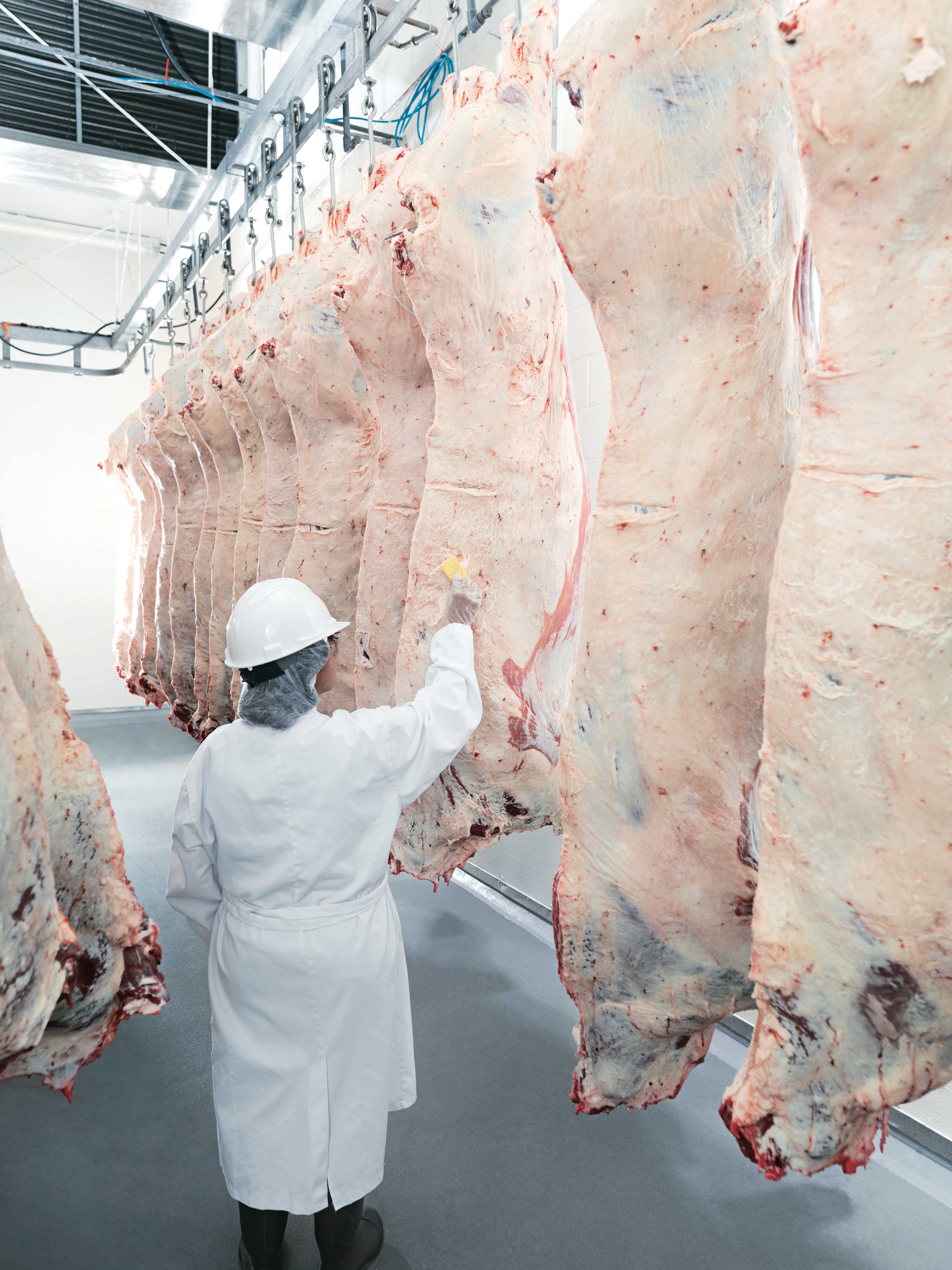Farmers Warning of Supply Issues Due to Delay in Arrival of Migrant Workers

COVID-19 is delaying the arrival of seasonal foreign workers who are critical to planting, tending and harvesting food crops across Canada. That is raising concerns about the ability of the country to keep up with food needs
By Meredith MacLeod – CTVNews
Scott Biddle, president of Scotlynn Group in Vittoria, Ont., relies on workers from Mexico to produce millions of pounds of asparagus and sweet corn. He’s just days away from planting season.
“If we don’t get the guys here, these crops won’t be planted, we won’t have food supply come the summertime,” he told CTV News.
“While it’s unclear whether the deaths and other cases have anything to do with the workplaces, the news exposes the vulnerability of global supply chains that are needed to keep grocery stores stocked after panic buying left shelves empty”
About 60,000 foreign workers come to Canada each year to work in farm fields, taking on tasks that farmers can’t find domestic labour to do. When Canada closed its border to international travel, farmers feared the worst.
But within days, the federal government confirmed temporary foreign workers can come to Canada, but farmers are responsible for enforcing the strict measures that have been put in place to minimize the spread of the respiratory illness.
That includes providing adequate housing for self-isolation and paying workers their full wages and benefits during the 14-day self-isolation period that begins upon arrival. Employers are required to ensure that shared facilities are cleaned and disinfected each day, and for regularly checking in on those in self-isolation.
“In practice, it is suggested that the employer communicate with the worker on a daily basis (for example call, text, email, or in-person two metres away if no other option is available) during the self-isolation period and ask if he/she is experiencing any symptoms (see www.canada.ca/coronavirus for a list), and maintain a record of responses received,” reads a federal directive about temporary foreign workers.
Once out of self-isolation, workers must practice physical distancing and stay two metres apart at all times, including in the fields, while eating, and in their bunk houses. If those kinds of spaces can’t be accommodated, employers must provide alternatives, such as hotel rooms.
In Norfolk County in southern Ontario, self-isolation will require that only three workers stay in farm bunk houses that normally house 40.
“Normally, I’m one for less red tape and less bureaucracy, but at this point if I’m criticized by my own local farmers for being too tough, I’m fine with that,” said Mayor Kristal Chopp.
Advocates warned of a “potential disaster” if migrant workers aren’t properly cared for after 14 working at a Kelowna, B.C. nursery tested positive for the novel coronavirus.
Some farmers, including Swift Current, Sask. wheat farmer Darrel Monette, say the government moved too slowly in creating guidelines.
“I think they’ve already missed the boat on it, to be honest.”
He’s already hiring workers laid off from the struggling oil and gas sector for his 100,000-acre farm. He needs about a dozen workers, but plans to hire twice as many, just to be safe.
“A lot of our suppliers in the ag-food industry are going to two shifts, so that if one person gets sick that whole shift has to go home and self-isolate.”
Prime Minister Justin Trudeau said last week that unemployed Canadians could help fill the void on farms, but details have not been released.
“We know there are many people interested in helping out in terms of feeding this country so we’re going to be having more to say in the coming days and weeks about how we’re going to hold together.”












